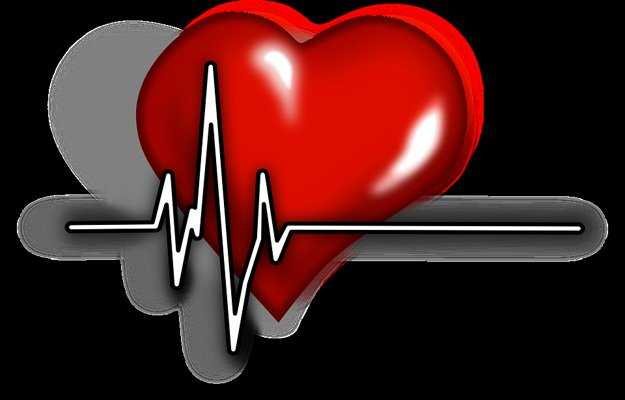Hyperventilation is a state of rapid and deep breathing, also known as overbreathing.
Normally when we breathe, we inhale oxygen and exhale carbon dioxide. In hyperventilation, we end up exhaling more than we inhale. As a result, the carbon dioxide pressure in the alveoli (bubble-like air-filled sacs in the lungs) and arteries reduces. This causes the arteries of the brain (cerebral arteries) to constrict or become narrower. The pH of the patient’s arteries also increases, causing respiratory alkalosis.
Alkalosis is a condition in which the blood pH goes over 7.45 or becomes too alkaline. Respiratory alkalosis causes symptoms like:
- Dizziness
- Bloating
- Muscle spasms and numbness
- Confusion
- Dry mouth
- Chest discomfort
- Difficulty breathing
This is when the body kicks into action and starts breaking down glucose to produce lactic and pyruvic acid in the body. These two acids help in providing oxygen to the body.
When the frequency of hyperventilation episodes increases, it is called hyperventilation syndrome. With the help of regular exercises, breathing techniques and stress reduction, hyperventilation can be managed.



































